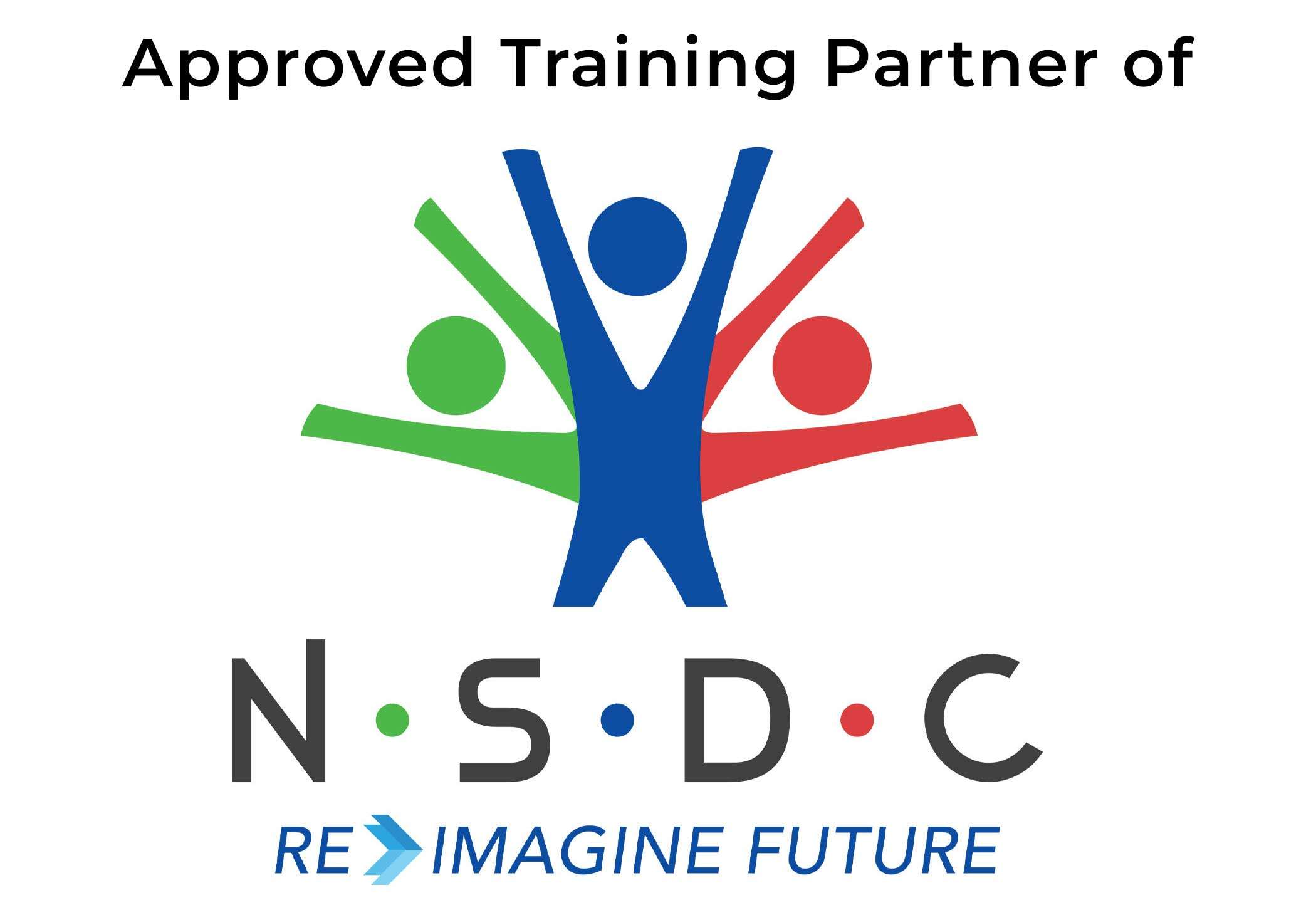Share
Unlocking Success: Benefits of Career Planning

Today’s professional world has become fast-paced with its ever-evolving environment. In this scenario, career planning emerges as one of the most crucial factors that direct individuals toward their professional destination.
One may think that career planning is only for the young. However, this perception is not true as the benefits of career planning apply to not only specific life stages but can be implemented at various points of life, ensuring great success.
So, if you find yourself finding potential career paths as a student or shifting your career as a professional in a field, realising the benefits of career planning becomes important.
Why is Career Planning Important?
1. Strategic Goal Setting
An individual who wishes to prosper in one’s career must be able to visualize professional aspirations for success. This attitude will help foster clear and achievable objectives in a candidate.
Once the objectives are clear, an individual will be able to streamline his/her efforts in the right direction.
2. Skill Development
Identifying the necessary skills for the chosen career enables individuals to focus on skill enhancement. This approach helps to face the competition in the job market.
Moreover, it also builds a skill set that matches the standards set by the industry.
3. Increased Job Satisfaction
Gaining job satisfaction is one of the ultimate benefits of career planning. A well-structured career plan will help you align personal values with professional goals.
This will also help you achieve job satisfaction. When one gets to learn and grow, it instils confidence and willingness in one’s chosen career path.
4. Improved Decision-Making
A candidate is exposed to multiple career options in the due course of their academic journeys. Research and evaluation of diverse career options polish decision-making skills.
An individual needs to make informed choices, that align with strengths and aspirations and help him/her succeed in the process.
Career Planning for Students
1. Early Exploration:
Starting career planning during student years allows candidates to explore diverse fields at a very early stage. Individuals can figure out and discover what truly excites and interests them.
This exploration helps in discovering interests and passions, guiding students towards suitable career options.
2. Alignment with Educational Choices:
Each subject and course you take is a valuable tool that contributes to a successful career.
Students aligning their educational choices with career goals ensure that chosen academic courses equip them with essential knowledge and skills needed for their desired professions.
3. Networking:
Networking is an essential tool when it comes to meeting professional communities. As a student, you must be able to connect and grow your contacts with individuals who are already working in their respective fields. This will help you understand the real work and the needed skill set. This is one of the best ways to make a successful career.
4. Awareness of Opportunities:
While planning one’s career, once the candidate figures out the field, he also becomes aware of the opportunities present in the same. This helps the candidate make informed decisions about choosing a particular career stream for their professional journeys.
Career-Oriented Courses After Graduation
After graduation, individuals are often confused about the career path they need to choose. Career planning plays a pivotal role in navigating this phase.
A well-defined career plan helps in selecting postgraduate courses directly relevant to the chosen career path. This targeted education will improve one’s expertise and stand in the market.
Candidates can opt for a range of career-oriented courses after graduation. They can include an MBA with specific specializations or courses in Finance and Banking. These fields are ways to construct promising careers.
Benefits of Career Planning – A Recap
1. Long-Term Vision
Career planning helps individuals to navigate their professional journey with clearly set goals and professional ambitions.
2. Proactive Decision-Making
Individuals are trained to make informed decisions. This reduces the possibility of candidates facing career-related uncertainties.
3. Continuous Adaptation
In today’s ever-changing job market, adaptability is important. Career planning assists a candidate to continuously adapt to new industry
trends and changes.
4. Job Market Competitiveness
Identifying and developing necessary skills improves competitiveness in the job market. This makes individuals valuable assets to potential employers.
In conclusion, the advantages of career planning extend beyond mere job selection. It is a process that guides individuals in staying strong and capable in changing professional environments.
Adopting career planning as a lifelong practice becomes not just a strategy for success but the key to achieving an ideal professional journey.
Related Post:
Want a Successful Career?
Fill up this form for a free career psychometric test & a 30 min career guidance session with our advisor.






